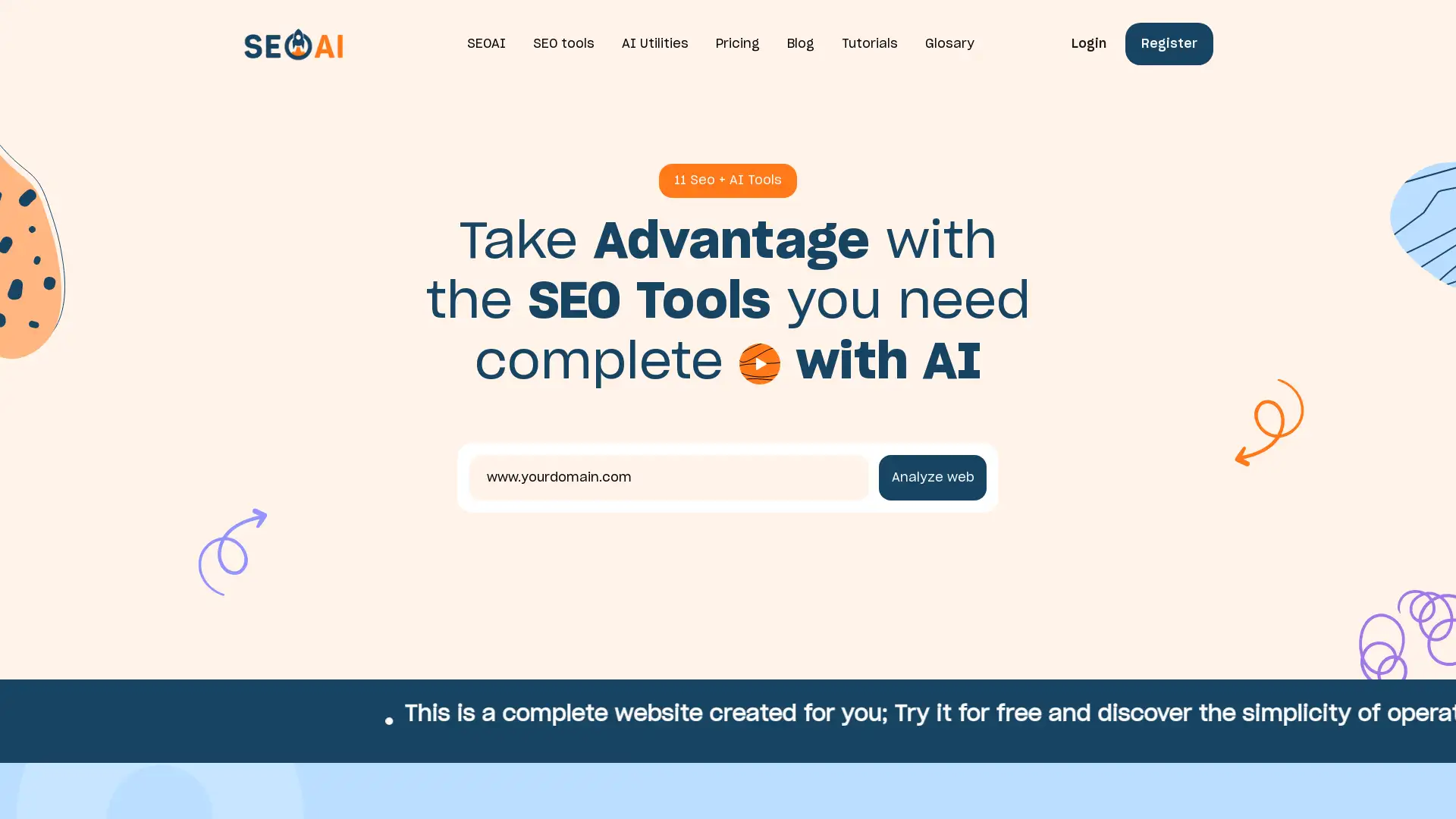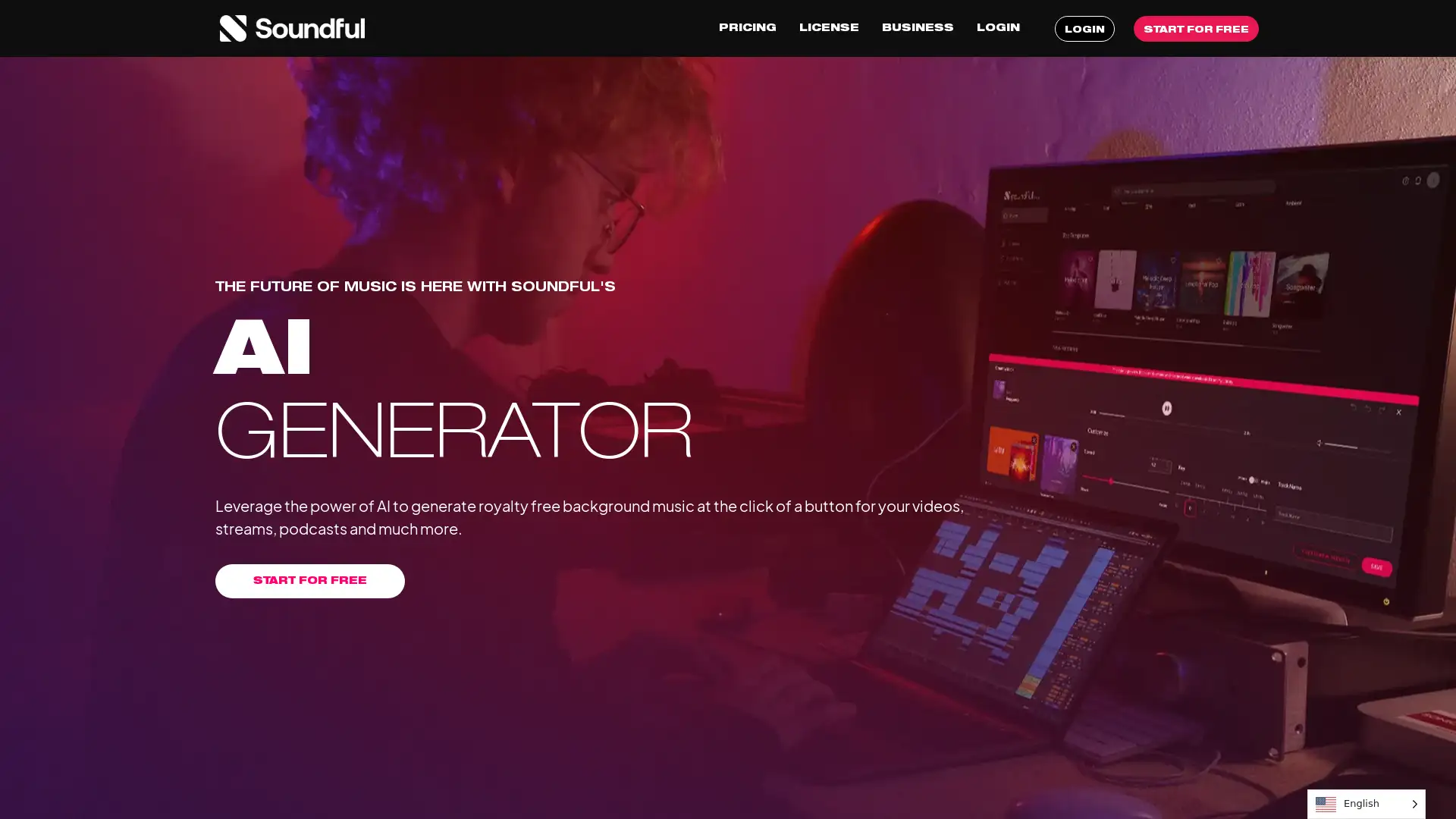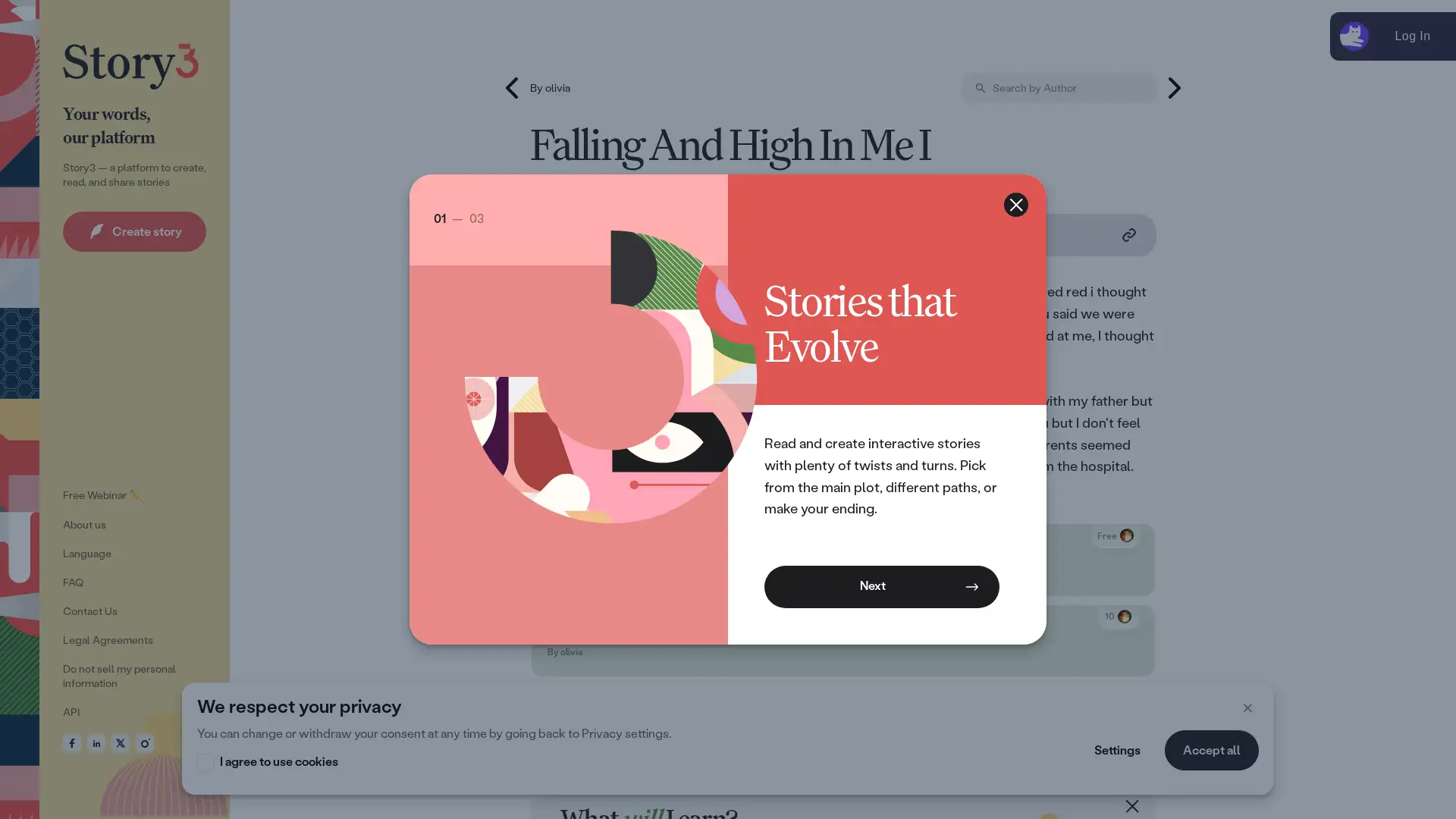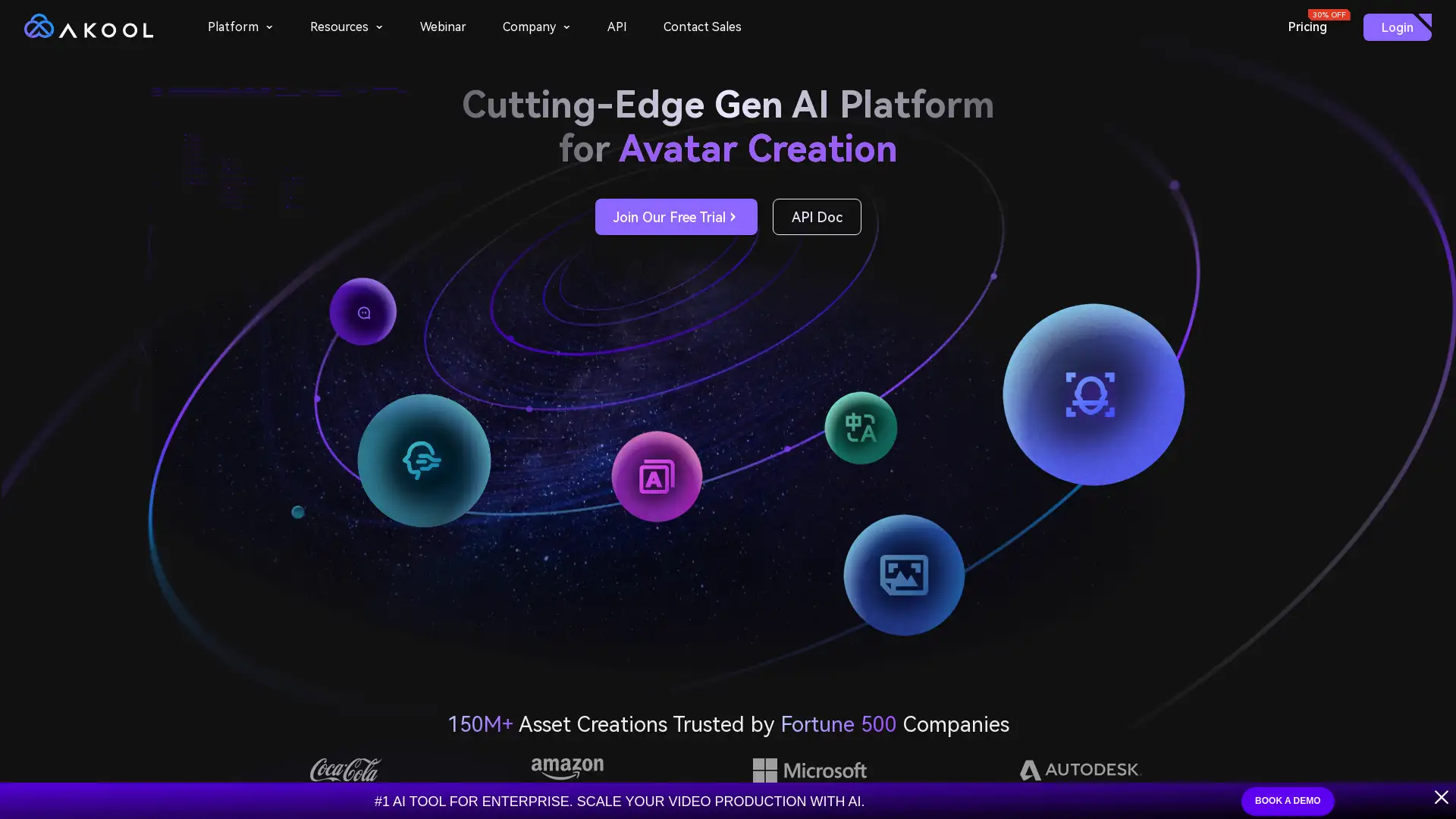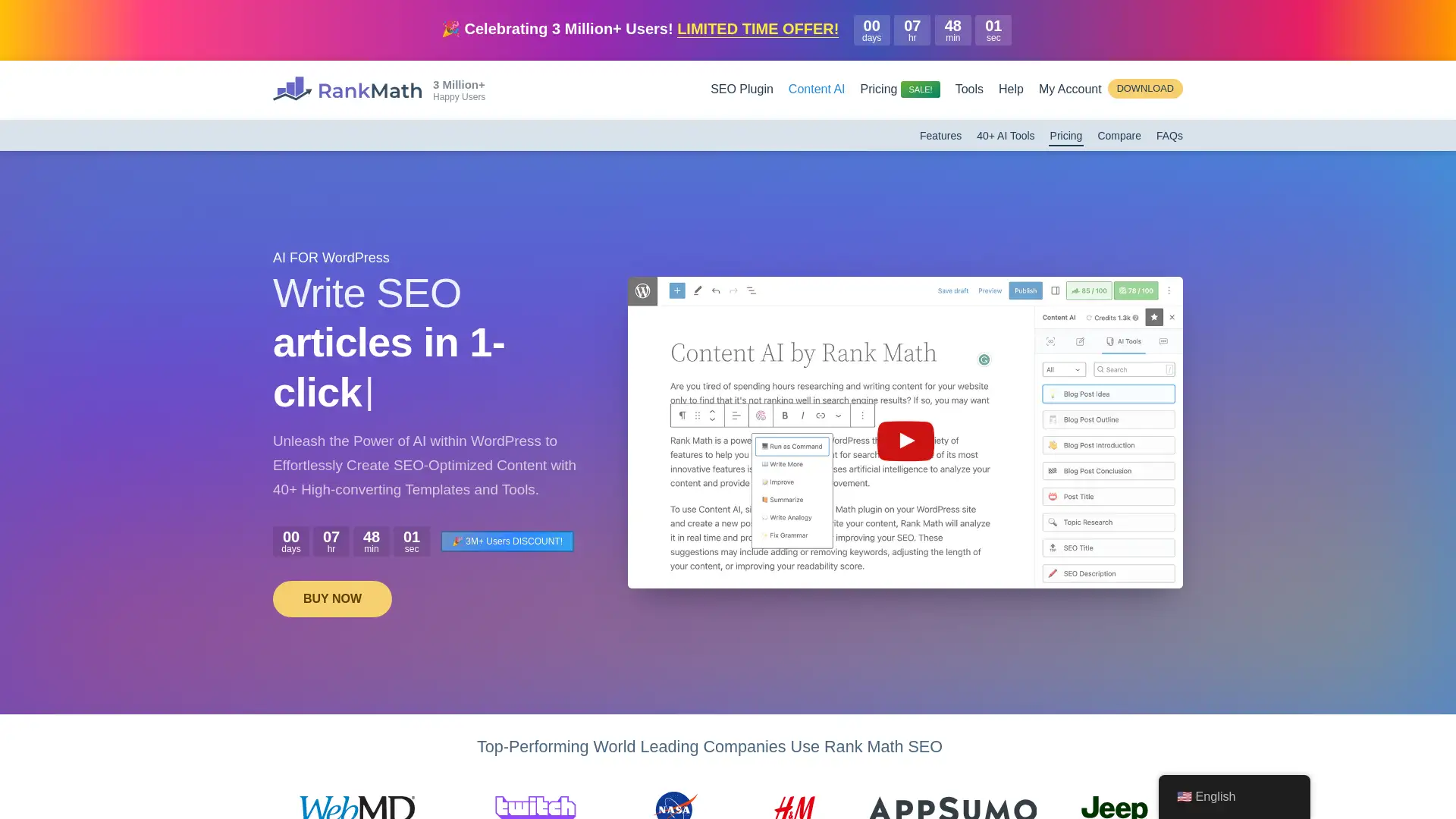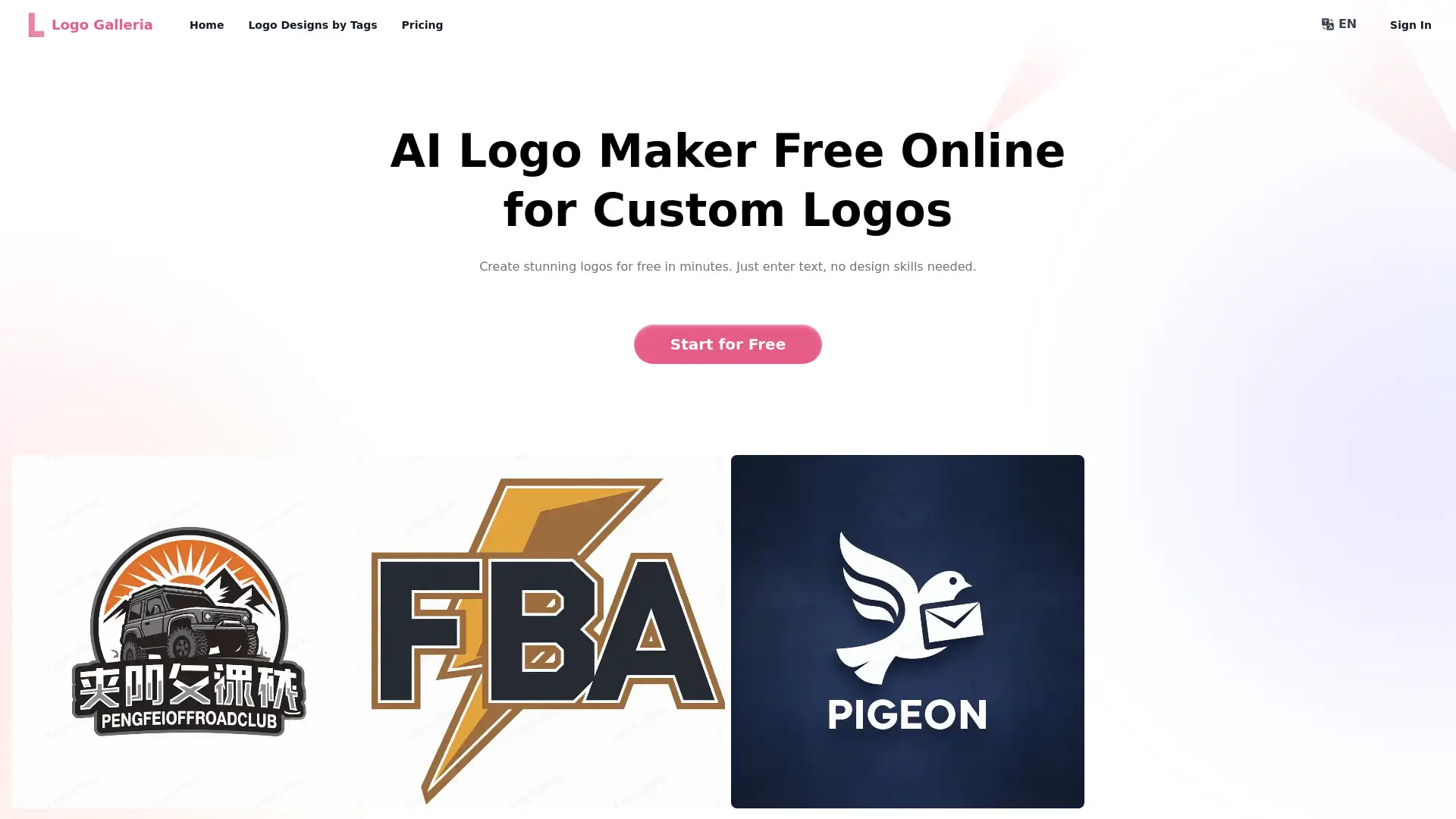Best 9 AI Tools for Digital Marketing in 2024
SEO ai, Soundful AI, story3, Akool AI, Kaiber AI, Rank Math Content AI, Vondy, AI Logo Maker, AI Logo Maker are among the best paid and free Digital Marketing tools available.
Understanding AI Tools in Digital Marketing
AI tools for Digital Marketing are advanced technologies designed to enhance and streamline marketing activities through automation, data analysis, and content creation. These tools are equipped with algorithms and machine learning models specifically tailored for digital marketing strategies, allowing businesses to efficiently manage campaigns, generate personalized content, and make data-driven decisions. They empower marketers by automating repetitive tasks, optimizing audience targeting, and improving overall marketing performance. AI-powered media creation platforms, content marketing suites, and simplified content management systems are integral parts of this field.
Key Features of AI Tools for Digital Marketing
AI tools for Digital Marketing offer a wide range of capabilities, from automating content creation and social media management to performing in-depth data analytics. These tools are adaptable and scalable, allowing users to apply them to simple tasks like email marketing or more complex ones like personalized ad targeting. Special features often include AI-powered media creation, automated content management, natural language processing for chatbots, AI-based SEO optimization, and real-time audience analysis. They also support integrations with CRM and analytics platforms, further enhancing their usefulness.
Who Benefits from AI Tools in Digital Marketing?
These tools are suitable for a diverse audience, including marketers, content creators, advertising professionals, and business owners. Beginners can leverage AI tools to simplify tasks like content creation and social media management, while more experienced users can harness advanced features for customized marketing strategies. Developers and technical users also benefit from the ability to integrate and customize these tools within larger systems. AI tools cater to those with little or no coding skills, providing easy-to-use interfaces, while offering advanced users options for more complex, programmable functionalities.
Additional Insights on AI in Digital Marketing
AI tools provide customized solutions across different sectors by automating tasks and offering personalized content creation tailored to specific audiences. They also offer scalable solutions for businesses of all sizes, making them accessible to both startups and established enterprises. With intuitive, user-friendly interfaces, these tools can easily integrate with existing workflows, helping businesses maintain consistency in branding and customer engagement. Additionally, AI's real-time data processing capabilities allow marketers to make informed decisions and adapt quickly to changing market trends.
